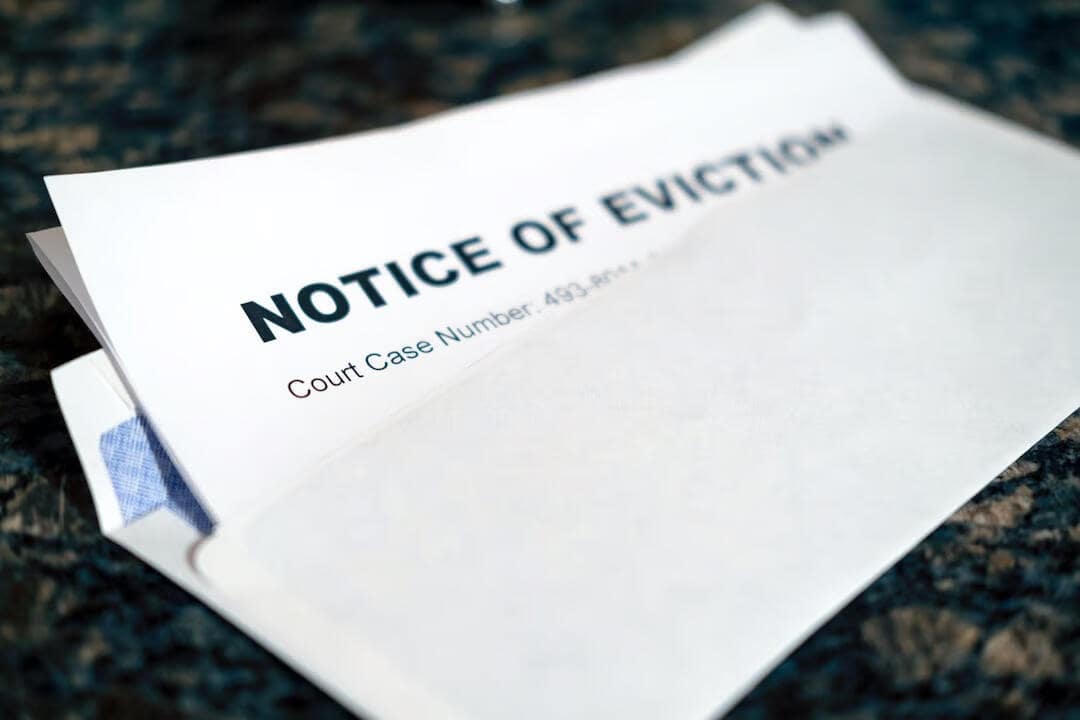The number of HOAs in the country is expected to grow by another 3,000 in 2024.
If you're part of an HOA, you know how important it is for community members to comply with the association's governing documents. For everyone to enjoy a high quality of life from the many perks that a good HOA provides, there needs to be a baseline of respect and understanding from all residents.
When you've got homeowners or tenants who don't feel that HOA laws apply to them, you may have to pursue a court-ordered eviction. In today's post, we'll explain how HOA evictions work and how they differ in New York from other states. Keep reading and you'll know what needs to be done to create more harmony in your HOA.
HOA Governing Documents
All communities have governing documents. These are the rules that all homeowners and tenants must abide by to live in the association. Typical HOA regulations include some or all of the following:
- Rules around renting property out
- Rules around allowing pets
- Landscaping rules
- Quiet hours
- Property maintenance
Repeatedly failing to follow the rules can result in penalties, fines, and even eviction in the direst circumstances.
HOA Evictions in New York
There are no state laws around HOA evictions in New York. Whether your HOA can evict tenants or foreclose on homeowners depends on what's written in the governing documents.
When an HOA homeowner rents their property out to a tenant who is failing to comply with regulations, the board of directors will usually still deal with the homeowner.
Landlords should always communicate the rules to their tenants so routine violations don't occur. If they're unhappy with the tenant, they can bring a court proceeding and obtain a judgment of possession.
That said, the HOA may have the right to obtain a court-ordered eviction without consulting the homeowner first if the homeowner is non-responsive. They'll have to go through a court proceeding to obtain a notice of termination for the lease.
HOA Foreclosures
If it's written into the governing documents, the HOA board may be able to foreclose on a property for unpaid liens. It's standard practice for the association to attempt to resolve the issue before taking this drastic measure.
First, they need to provide the homeowner with a notice of lien, which can be issued 60 days after the initial payments are due. If the fines remain unpaid even after this notice, the HOA can foreclose on the property.
How HOA Management Can Help
HOA evictions and foreclosures are rare but may be necessary for extreme circumstances where a tenant breaks many HOA rules or a homeowner has a lien put on them. When it happens, it puts stress on the entire community, so it's important to follow due process, as laid out by your governing documents.
If it all feels like a lot of work, hiring HOA management might be the best thing for your HOA. An HOA manager, like PMI Manhattan Group, can keep bad actors in line and take action when necessary. Contact us today to learn more about our services.


